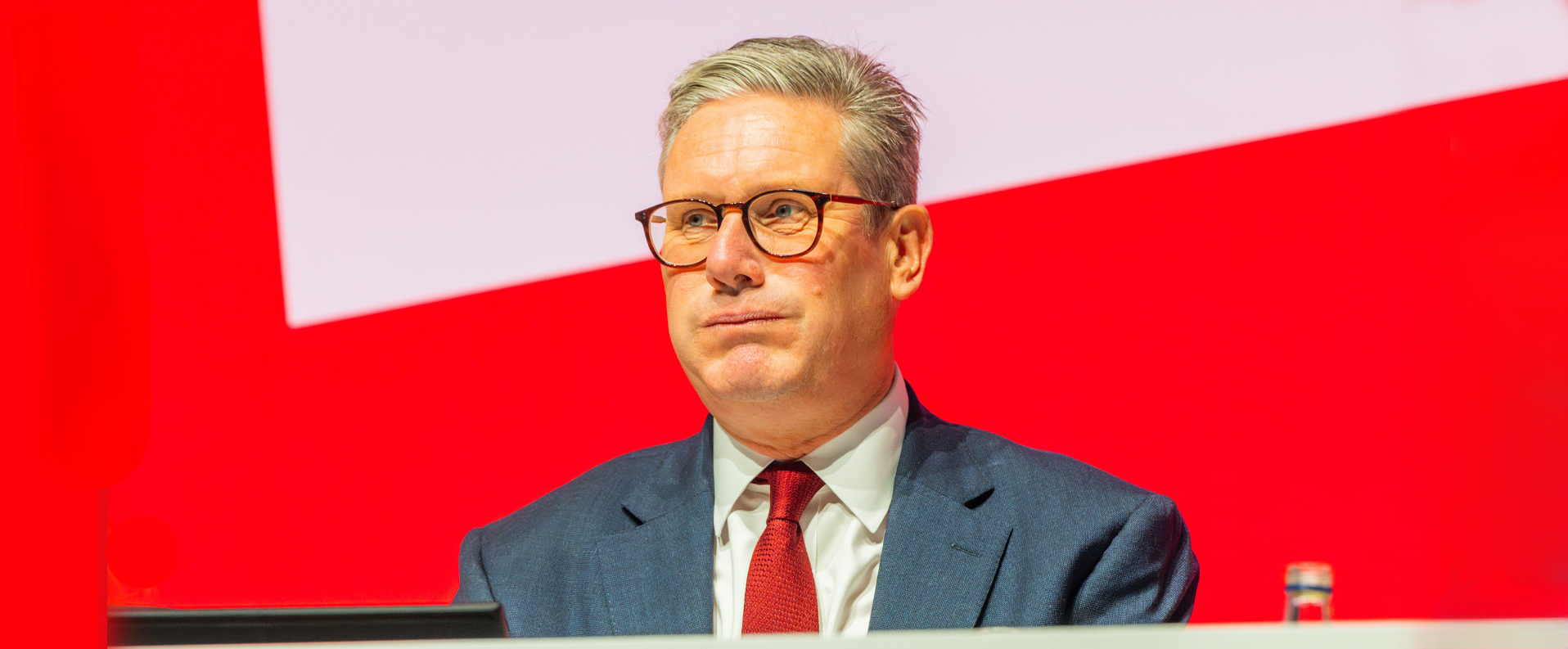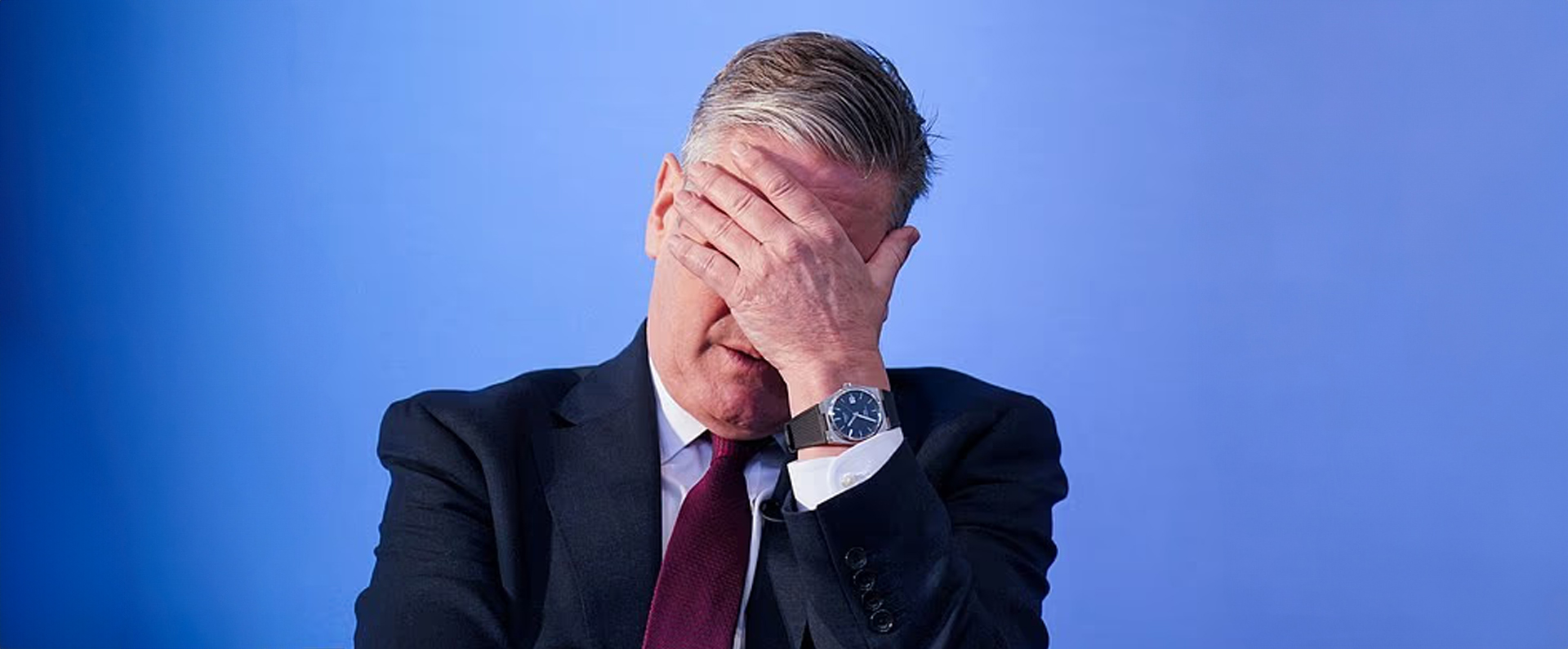
Last weekend I launched my new website, LordAshcroftPolls.com. I hope some readers will already have visited, particularly to study the detail of Degrees of Separation, my report on ethnic minority voters and the Conservative Party.
I would encourage those who have not yet had a chance to do so to take a look. The site sets out all my published research and political commentary since the 2010 election, including key findings and poll data, in a way which I hope readers will find clear and easy to digest.
For those who still prefer to reach for volumes from their shelves, I have published It’s Not You, It’s Them, a collection of some of my political work since the general election. The theme of the book – described in the subtitle, Research To Remind Politicians What Matters – is that those of us who are involved in politics, whether as legislators, advisers, party officials, commentators, campaigners or activists, should never lose sight of the people who ultimately make the decisions.
I know the conclusions I draw from my polling, and the opinions I have set forth on political events and party strategy, often provoke strong responses both in favour and against – indeed I would not have it any other way. Whether or not you find yourself agreeing with my interpretation of the findings, I would urge you to look at the research as an objective guide to the way things are seen by those outside the political game.
In my experience, people in politics are usually well motivated and want to serve. But they often find it hard to appreciate one important point: the mere fact that politics occupies much of their attention makes them different from (without wishing to offend anyone) normal people. This can lead to a number of mistakes. The most common is to suppose that voters as a whole share our own views and priorities to a greater extent than they really do. The people we ourselves speak to every day, or the individuals who buttonhole their MP at local events, are not necessarily representative of wider public opinion. Worse still, people in the political class can be tempted spuriously to claim public support where little exists for a controversial policy that they believe to be right. Politicians should certainly have the courage to propose, or challenge, ideas in a way that does not accord with the dominant public view – but when they do so they should know what they are up against, not kid themselves they are leading a popular crusade.
Perhaps the most dangerous mistake that those in the political class can make is to fail to see themselves as others see them. My research soon after the election on the difference in attitude between swing voters and members of the Labour movement was instructive on this point. While swing voters, sensibly enough, thought Labour had lost the election because Gordon Brown was not a good Prime Minister, Labour did not have answers on important policy issues and the government had run out of steam, those involved in the party thought it was because swing voters (whom they regarded as ignorant, credulous and selfish) had failed to appreciate Labour’s achievements, largely because they had believed the right-wing media, and that policies had not been communicated properly (not that the policies themselves were wrong). This alone showed how hard Labour were going to find it to reconnect with those who had once supported the party but had now stopped.
A current example of this phenomenon, it strikes me, is the Liberal Democrats’ obsession with constitutional tinkering, most recently in the shape of House of Lords reform. For many of us, it is not just a question of disagreeing with them over the substance of what they propose – we just cannot understand their preoccupation with it. We think it is, frankly, a bit odd. I am sure those of us who think this are at one with most people outside politics, including those who vote Lib Dem. But the point is salutary for us too. Conservatives must always be on their guard against seeming to have priorities that conflict with those who might otherwise be persuaded to vote for us.
That is the spirit in which I conduct my research. Politicians need to know what voters really think – both to win elections, and to govern effectively. This is what I aim to tell them, whether it makes comfortable reading for my own party or not. I think there is an element of public service in keeping politicians on their toes.



